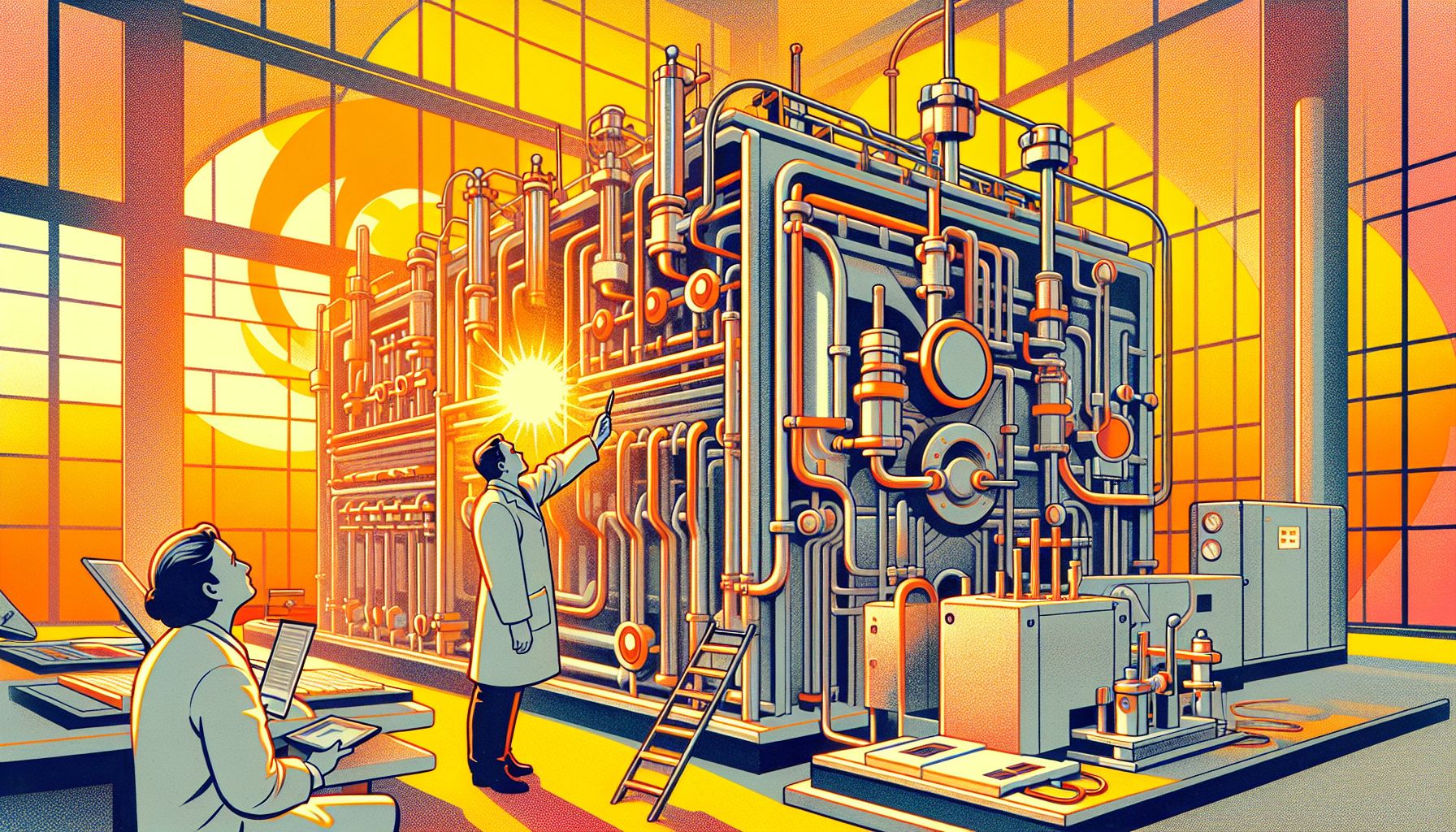Dutch Researchers Advance Green Hydrogen Production with Innovative Electrolyser Design

Utrecht, Friday, 1 November 2024.
Dutch scientists are developing more efficient and cost-effective electrolysers for green hydrogen production. By focusing on material choice, particularly exploring the use of nickel instead of rare metals for electrodes, researchers aim to enhance the sustainability and affordability of hydrogen energy.
Material Innovation and Sustainability
The HyScaling project, a collaborative research initiative, is at the forefront of this advancement. Led by Arend de Groot, a senior consultant at TNO, the project focuses on optimizing alkaline electrolysis. This method, known for its established use, is being refined to incorporate more accessible and affordable materials, such as nickel, which can withstand the corrosive environment within electrolysers. By shifting from rare metals to more common alternatives, the project aims to reduce costs while maintaining efficiency[1].
Overcoming Infrastructure Challenges
To truly capitalize on the potential of green hydrogen in the Netherlands, the infrastructure must evolve. Gasunie, a key player in this transformation, plans to install hydrogen pipelines linking five major industrial clusters across the country. This network is essential for managing the anticipated surplus of renewable electricity, particularly from the planned 70 GW of offshore wind energy. By facilitating local hydrogen production, these efforts ensure that renewable energy can be efficiently integrated into the national grid[1].
Economic Viability and Future Prospects
Despite the promising technological advancements, the economic feasibility of green hydrogen remains a challenge. Current costs need to decrease for widespread adoption. The HyScaling project is working on a third generation of alkaline electrolysers, expected to hit the market within five to ten years. This next generation is anticipated to further drive down production costs, making green hydrogen a more viable option for industrial and domestic use[1].
Support and Collaboration
Supported by the Dutch government’s MOOI subsidy program, the HyScaling project exemplifies the collaborative effort required to advance sustainable technologies. Such funding initiatives are crucial, encouraging companies to form alliances that enhance industrial production processes and products’ sustainability. This collaborative approach is essential not only for technological innovation but also for achieving broader climate goals[1].

